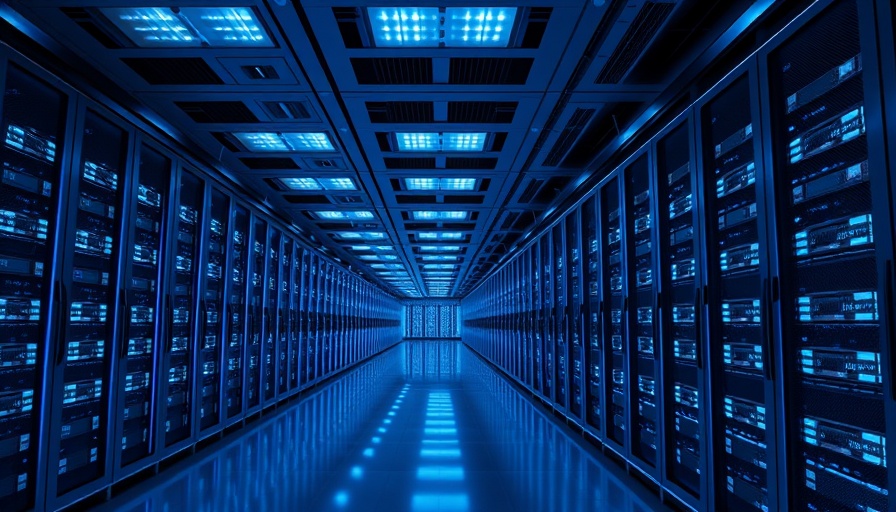
Introduction: The Data Revolution in Healthcare
As we enter a new age of technology, healthcare organizations are grappling with an unprecedented explosion of data. With the increasing use of electronic health records (EHRs), wearable devices, and telehealth, the demand for robust data storage solutions has never been higher. The traditional data architectures that once sufficed are now falling short, leaving healthcare providers in a challenging position.
The Challenge of Data Management
A chief technologist at HPE, Chris Platt, highlights the urgent need for healthcare providers to effectively manage and utilize the vast amounts of data they generate. In a midsized hospital network, annual data generation can reach as high as 55 petabytes. This sheer volume poses significant challenges not just in storage capacity but also in retrieving and analyzing data in real-time. The shift from a reactive to a proactive approach in healthcare necessitates that organizations rethink their data strategies.
Next-Generation Data Centers: A Solution
Next-generation data centers present a viable solution that addresses these issues head-on. Equipped with advanced storage platforms like those from HPE, these data centers facilitate faster, more efficient data retrieval and usage. They not only deal with the scale of data but also with its security and accessibility. This allows healthcare professionals to leverage data effectively for clinical decision support and AI training, ultimately improving patient outcomes.
The Future of Healthcare Data Management
Looking forward, the integration of AI and real-time analytics into healthcare data management is set to enhance decision-making. By implementing advanced technologies, healthcare organizations can better manage long-term data storage solutions, ensuring that relevant information is always at their fingertips. This optimization leads to enhanced patient care by upholding high standards for data integrity and availability.
Conclusion: Embracing the Change
For healthcare organizations striving to stay ahead in a data-driven world, embracing next-generation data centers is not just an option; it’s a necessity. As the landscape continues to evolve, it's crucial for these organizations to adapt and innovate with the technologies available at their fingertips.
Ultimately, knowledge of these developments empowers healthcare organizations to make informed decisions about their data strategies, yielding substantial benefits not only for themselves but also for the patients they serve.
 Add Row
Add Row  Add
Add 




 Add Row
Add Row  Add
Add 
Write A Comment